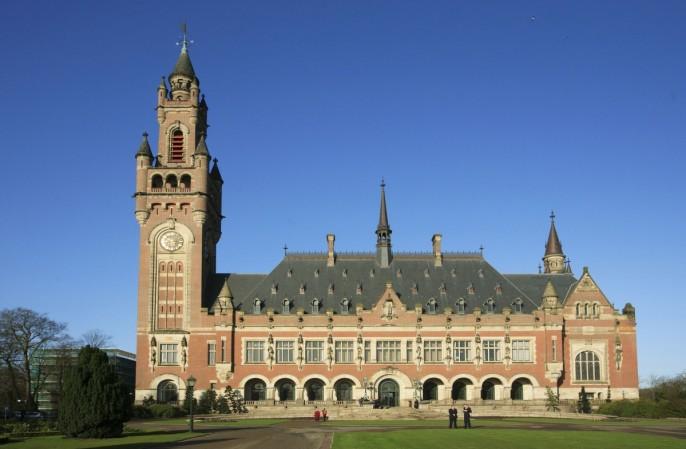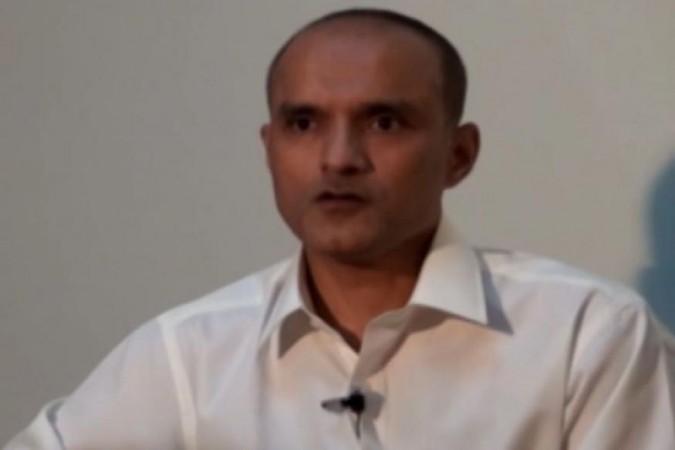
The International Court of Justice (ICJ) in the Hague will on Monday hold public hearings in connection with the death sentence awarded to alleged Indian spy and former Naval officer Kulbhushan Jadhav by a Pakistani military court in April this year over allegations of espionage.
ICJ president Ronny Abraham had earlier written a letter to Pakistan Prime Minister Nawaz Sharif to "act in such a way as to enable the court to enforce any decision it takes on the India plea", thereby asking for a stay on Jadhav's death sentence till the time the ICJ heard and deliberated on the issue.
The move came after India instituted proceedings against Pakistan on May 8, accusing the neighbouring country of "egregious violations of the Vienna Convention on Consular Relations" in the matter of "the detention and trial of an Indian national, Mr. Kulbhushan Sudhir Jadhav, sentenced to death by a military court in Pakistan." It sought to suspend Jadhav's death sentence with immediate effect.
The one-day hearing at the Peace Palace, the home of the ICJ, will consist of two sessions of an hour and half wherein both India and Pakistan will be given an opportunity to make their case before the court. The hearing will begin with India in the morning while Pakistan will be given the opportunity to make its case in the afternoon. The ICJ could take a few days or several months to pronounce its verdict in the matter.

Legal teams from both countries arrived at the Hague ahead of the hearing, the Hindu reported. The legal team for India, led by former solicitor general Harish Salve, is likely to focus on Pakistan's violation of the Vienna convention when it came to granting India consular access to Jadhav, and also the army court's lack of transparency which qualifies for the trial to be declared illegal. Jadhav was denied consular access 16 times within a year while his family was not issued visas to travel to Pakistan.
The legal team from Pakistan, led by Attorney General Ashtar Ausaf and assisted by senior lawyer Asad Rahim, is expected to focus on an earlier case in the ICJ where India had refused the top court's jurisdiction, including the Atlantique case of a Pakistani plane shot down by India in 1999.
A military court in Pakistan sentenced Jadhav to death in April after the Field General Court Martial found him guilty of "espionage and sabotage activities" in Pakistan. The neighbouring country has claimed that Jadhav was arrested from the Balochistan province by security forces on March 3, 2016, after he entered the territory from Iran.
External Affairs Minister Sushma Swaraj then warned Pakistan that execution of Jadhav would amount to "pre-meditated murder" and that the neighbouring country should "consider its consequences" on bilateral relations. India had also demanded a certified copy of the verdict and the chargesheet in order to appeal against the army court's verdict. Several bilateral talks, including maritime security dialogue, were cancelled or postponed by India in response to Jadhav's death sentence.
















